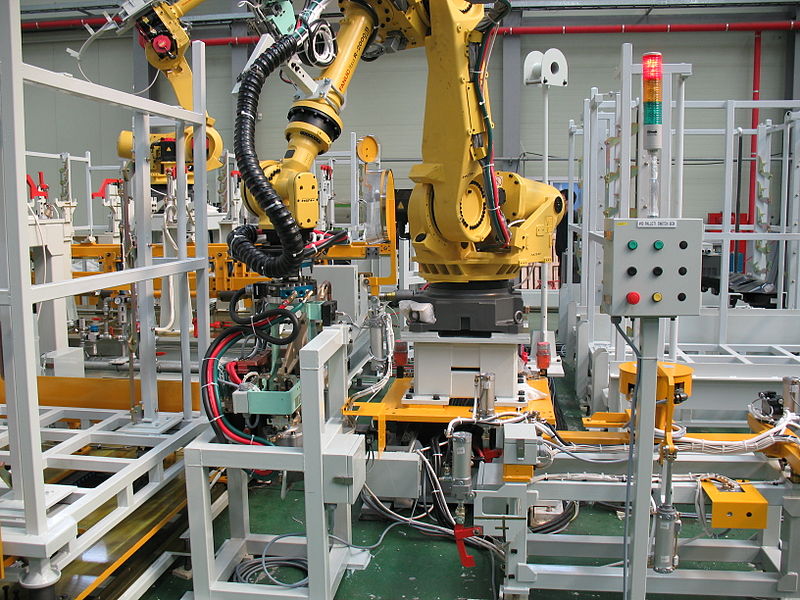In today’s healthcare industry, equipment management can be tricky. Not only do you have to keep track of when and where your equipment should be used and when it should be serviced or repaired, but you also have to make sure that your staff are able to access the equipment that they need when they need it. Managing your equipment can also be difficult if you are new to the industry – but not when you hire the right equipment management services.
While businesses often have a large amount of equipment that needs to be maintained, they are not always as diligent about maintaining their equipment as they should be. This can lead to expensive repairs and replacements in the future when a piece of equipment breaks down, so it’s important to avoid the mistakes that can easily lead to equipment issues when you know what to look out for. Here are the top four equipment management mistakes you should keep in mind to prevent any problems later on.
1) Not Having a Set Schedule
It is important to have a set schedule for your equipment, whether it be daily, weekly or monthly. Not only does this allow you to plan around your equipment use, but it also means that the equipment is less likely to break down because of neglect. A general rule of thumb is that if you are using a piece of equipment on a daily basis, then it should be serviced once every six months. If you are using the equipment on a weekly basis, then it should be serviced every month. And if you are using the equipment on a monthly basis, then it should be serviced every three months. This applies for both major and minor servicing and includes everything from checking oil levels and tire pressure to changing spark plugs and engine belts.
2) Losing Records
Losing records is a common issue when it comes to equipment management. One of the most important things you can do for your company is ensuring that you keep accurate records for all of your assets. This includes serial numbers, models, and purchase details. It’s important that you keep these records in a central location so that you can access them whenever necessary. Many companies use software or hardware for inventory management and reporting, which allows employees to search for specific information as well. This makes it much easier to track down serial numbers, make reports, and keep things up-to-date throughout your facility. It’s also helpful if your asset records have pictures of each device so you can quickly identify what they are when needed.
3) Neglecting Maintenance
One of the most common mistakes equipment managers make is failing to maintain their equipment. Neglecting to maintain your equipment will lead to frequent breakdowns, which in turn leads to low-quality work and high repair costs. Instead of dealing with a break down when it happens, you should be checking your equipment for potential issues before they happen. For example, monitoring oil levels, checking for corrosion and regular maintenance can help avoid downtime due to preventable issues.
4) Improper Handling & Storage
Chances are, you’re going to need some equipment in order to get your business up and running. But before you go out and buy any of the items on your list, there are a few mistakes that you should avoid at all costs. Improper handling and storage is one of the most common errors because it can be difficult for people who don’t work with equipment on a regular basis. To help you avoid this mistake, ensure that your newly purchased equipment is well taken care of. Purchase an appropriate storage system – Finding an option that suits your needs will save you time and money in the long run so make sure that the purchase fits all of the right requirements.

